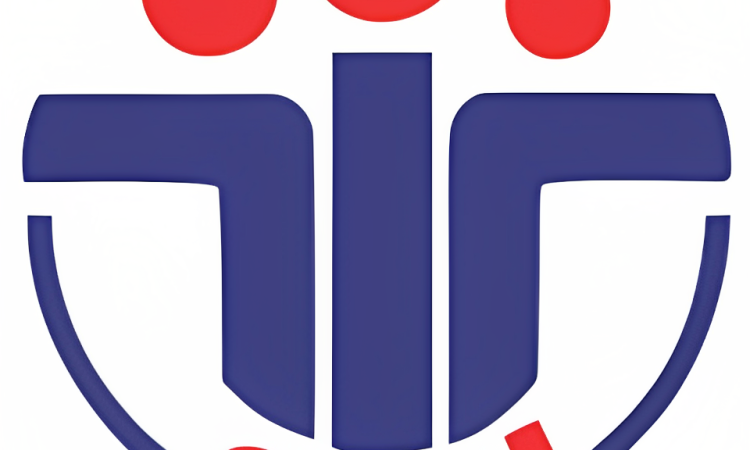
Society for Family Health is one of Nigeria’s largest non-governmental organisations. Founded in 1985 by three eminent Nigerians: Professor Olikoye Ransome-Kuti, Justice Ifeyinwa Nzeako, Pharmacist Dahiru Wali and Phil Harvey. Society for Family Health Nigeria has a mission to empower Nigerians, particularly the poor and vulnerable to lead healthier lives. Working with the private and public sectors, SFH adopts social marketing and behaviour change communication to improve access to essential health information, services, and products to motivate the adoption of healthy behaviours.
- Job Type: Full Time
- Qualification: BA/BSc/HND, MBA/MSc/MA
- Experience: 8 years
- Location: Lagos
- Job Field: Data, Business Analysis and AI
Job Profile:
The Data Scientist will work closely with data engineers, health Programme teams, and other team members to integrate analytical solutions into programmes. S/he will also collaborate with programme leads and technical experts to understand processes and identify opportunities for data-driven optimisation.
Job-role:
The successful candidate will perform the following Primary Duties, Responsibilities, and accountabilities functions:
Data Analysis and Exploration:
- Clean, preprocess, and analyse large datasets using statistical techniques and machine learning algorithms.
- Conduct exploratory data analysis to identify patterns, trends, and anomalies.
- Collaborate with cross-functional teams to define project objectives and requirements.
Data Visualization and Communication:
- Communicate findings and insights to stakeholders through clear and concise presentations, reports, and data visualizations.
- Collaborate with programme leaders to understand their requirements and translate them into actionable data-driven solutions.
- Participate in team meetings and contribute to discussions on data strategy, best practices, and emerging trends.
Cross-Functional Collaboration:
- Work closely with data engineers, health programme teams, and other team members to integrate analytical solutions into programmes.
- Collaborate with programme leads and technical experts to understand processes and identify opportunities for data-driven optimization.
- Act as a mentor to team members, providing guidance and support on data science methodologies and techniques.
Qualifications/Experience:
- Bachelor’s or Master’s degree in Computer Science, Statistics, Mathematics, or a related field.
- Proven experience (8+ years) working as a data scientist or similar role in a fast-paced environment.
Skills and Competency required
Technical:
- Proficiency in programming languages such as Python or R, as well as libraries like Pandas, NumPy, SciPy, and scikit-learn.
- Strong understanding of machine learning algorithms and techniques, including supervised and unsupervised learning, regression, classification, and clustering.
- Experience with data visualisation tools such as R Studio, Matplotlib, Seaborn, or Tableau.
- Familiarity with big data technologies (e.g., Hadoop, Spark) and cloud platforms (e.g., AWS, Azure) is desirable.
- Excellent analytical and problem-solving skills, with a keen attention to detail.
- Strong communication and collaboration skills, with the ability to effectively convey complex technical concepts to non-technical stakeholders.
Other Technical Skills:
- Programming Languages: Proficiency in languages such as Python or R is essential. Knowledge of other languages like SQL, Java, Scala, or Julia can be beneficial depending on the context.
- Statistical Analysis: Strong understanding of statistical concepts and methods such as hypothesis testing, regression analysis, probability distributions, and Bayesian inference.
- Machine Learning: Familiarity with a wide range of machine learning algorithms including supervised learning (e.g., linear regression, decision trees, random forests, SVMs), unsupervised learning (e.g., clustering, dimensionality reduction), and deep learning (e.g., neural networks, CNNs, RNNs).
- Data Manipulation: Ability to clean, preprocess, and manipulate large datasets using libraries like Pandas or dplyr.
- Data Visualization: Proficiency in creating clear and informative data visualizations using libraries such as R Studio etc.
- Big Data Technologies: Understanding of big data frameworks and technologies such as Hadoop, Spark, and distributed computing concepts, IoT, etc
- Database Management: Knowledge of relational databases (e.g., MySQL, PostgreSQL) and NoSQL databases (e.g., MongoDB, Cassandra) for data storage and retrieval.
Behavioral:
- Problem-Solving: Strong analytical and problem-solving skills to tackle complex data challenges and find innovative solutions.
- Communication: Excellent communication skills to effectively convey technical findings to non-technical stakeholders through reports, presentations, and visualizations.
- Collaboration: Ability to work effectively in cross-functional teams, collaborating with data engineers, business analysts, and other stakeholders.
- Curiosity and Learning Agility: A curious mindset and a willingness to continuously learn and adapt to new tools, techniques, and technologies in the rapidly evolving field of data science.
- Attention to Detail: Thoroughness and attention to detail are crucial for ensuring data quality, accuracy, and reproducibility in analyses and models.
- Ethical Considerations: Understanding of ethical considerations and potential biases in data collection, analysis, and decision-making processes.
- Time Management: Effective time management skills to prioritize tasks, meet deadlines, and manage multiple projects simultaneously.